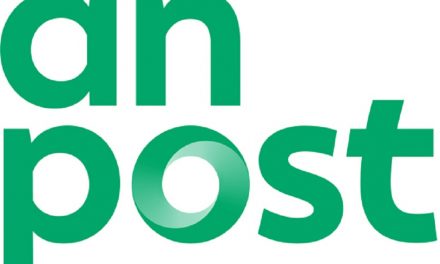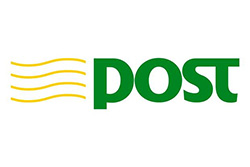
An Post to seek EUR 30m in subsidies to meet cost of universal role
An Post will seek annual subsidies of some EUR 30 million to meet the cost of its universal service obligations (USOs) once the Irish postal market has been liberalised in 2011.
In its response to the “Public Consultation Process on the Decision to Fully Liberalise the Postal Sector EU-wide”, the postal provider argued that post-liberalisation, it will still be expected to carry out its universal role and should therefore receive subsidies in order to do so.
Otherwise, the postal provider will be at a disadvantage to competing new entrants who will be able to “cherry pick” the more lucrative parts of the postal service.
Although over 60 per cent of the Irish market is currently open to competition, the small letter market has not yet been liberalised, but is due to do so in accordance with EU law by 2011.
It is this section of the market in which An Post fulfils its USO by delivering post at a uniform tariff to every address in the State, regardless of whether it is economical or not.
The postal provider currently estimates that the cost of fulfilling this is between 0.3 per cent to 5.4 per cent of postal turnover, which would represent an annual cost of potentially in excess of EUR 30 million for An Post. In order to determine exactly what the rate should be, An Post has commissioned an independent study to determine the net benefit or cost of the USO, which is due to be published during the summer of 2008.
It is not yet clear how the cost of the USO will be funded. However, it may be that post-liberalisation, An Post will no longer have full responsibility for fulfilling USO, as in its submission to the consultation process, postal regulator ComReg said that the designation of a single universal service provider may not be appropriate.
An Post will seek annual subsidies of some EUR 30 million to meet the cost of its universal service obligations (USOs) once the Irish postal market has been liberalised in 2011.
In its response to the “Public Consultation Process on the Decision to Fully Liberalise the Postal Sector EU-wide”, the postal provider argued that post-liberalisation, it will still be expected to carry out its universal role and should therefore receive subsidies in order to do so.
Otherwise, the postal provider will be at a disadvantage to competing new entrants who will be able to “cherry pick” the more lucrative parts of the postal service.
Although over 60 per cent of the Irish market is currently open to competition, the small letter market has not yet been liberalised, but is due to do so in accordance with EU law by 2011.
It is this section of the market in which An Post fulfils its USO by delivering post at a uniform tariff to every address in the State, regardless of whether it is economical or not.
The postal provider currently estimates that the cost of fulfilling this is between 0.3 per cent to 5.4 per cent of postal turnover, which would represent an annual cost of potentially in excess of EUR 30 million for An Post. In order to determine exactly what the rate should be, An Post has commissioned an independent study to determine the net benefit or cost of the USO, which is due to be published during the summer of 2008.
It is not yet clear how the cost of the USO will be funded. However, it may be that post-liberalisation, An Post will no longer have full responsibility for fulfilling USO, as in its submission to the consultation process, postal regulator ComReg said that the designation of a single universal service provider may not be appropriate.
An Post also expressed concern about the impact of “downstream access” following full liberalisation of the market in 2011 in its submission.
This occurs when a new entrant aims to have nationwide coverage, but does not have the resources to replicate the network of the incumbent.
Instead, the new entrant looks for access to the delivery segment of the incumbent’s network.
However, as the incumbent, An Post might not reap the rewards of its estimated EUR 100 million investment in its automated postal sorting process, as new entrants might look to “cherry pick” the more lucrative elements of the postal network and avoid the more costly aspects.
With regards to the role of ComReg post-liberalisation, An Post acknowledged that there is a role for the regulator in pricing with regards to USO.
In the main however, An Post believes that the role of the regulator should be limited to the development and ex-post review of the single piece mail price cap, and that there should be maximum commercial freedom in other areas, particularly bulk mail.












